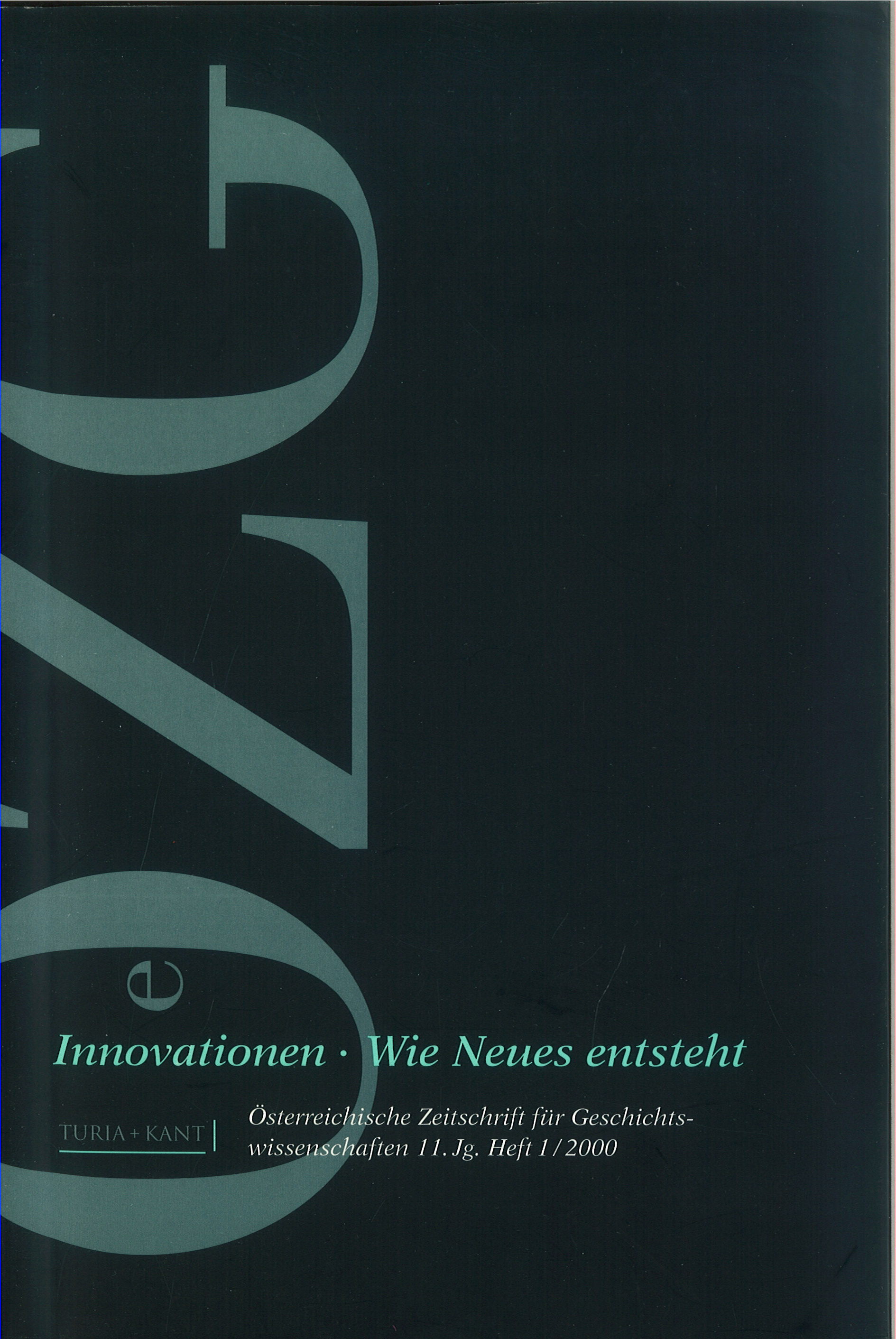A short history of the BCL
Heinz von Foerster and the Biological Computer Laboratory
DOI:
https://doi.org/10.25365/oezg-2000-11-1-2Abstract
The articles presents a short outline of the history of the Biological Computer Laboratory created in 1958 as a special research unit within the Department for Electrical Engineering of the University of Illinois, Urbana. The founder of the laboratory, the Austrian-born Heinz von Foerster, part of the cybernetics-movement of the 1940ies and 1950ies, tried to develop and to "apply" findings of the so-called Macy-group to biology with a special emphasis to problems of perception. The consequent transdisciplinary approach of the BCL led to certain conflicts with the main stream in the fields involved. Other conflicts emerged on grounds of teaching experiments undertaken since the late 1960ies. In the seventies the laboratory failed in substituting diminishing research funds from military research ressources. In the consequence, the BCL was closed. Ideas produced there had a major impact on other cognitive domains especially on the social sciences in Europe.


